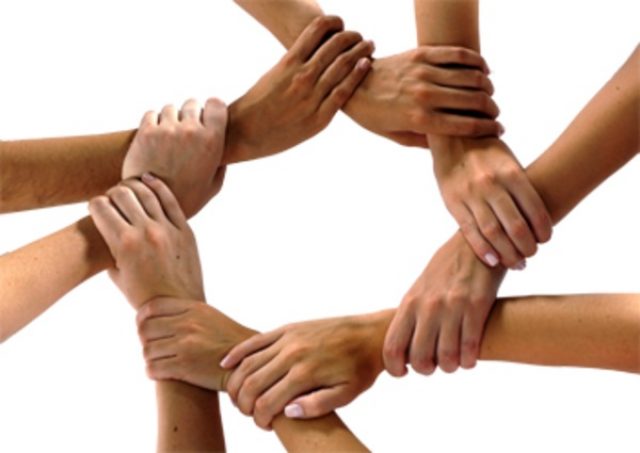Our mosqe is located in the heart of Batticaloa Town, where the Tamil community is the majority residents. In the times of ethnic tensions and disharmounious events, a community leadership is required in the town to represent the Muslims in the area to prevent misunderstandings. As a responsible institution, our mosque is taking part in the Peace building activities, Dispute Resolving between individuals and social representation in the peace activities in the region.
Islamic Way of Conflict Resolution
We believe in Humankind which is besieged with all sorts of conflicts. But instead of dealing them through peaceful means, we are often faced with its Darwinian resolution – “The Might is Right” concept, that is, the powerful resort to force and impose their will on the weak. But while this mechanism may apply to others of God’s creation, it does not work for Homo Sapiens: Because we are endowed with a moral sense, which overshadows all our behavior. This moral dilemma requires tackling the underlying problem adequately. And unless it is tackled properly, the conflict persists: It does not go away and comes back in myriad forms, becoming ever more pernicious.
This moral sense is strong in Islam. Islam means peace in all its forms and asks for justice in resolving all conflicts. So that the aggrieved party is satisfied with the result and being at peace works for peace with all concerned.
Islamic Peace Fundamentals
Islam literally means two basic concepts: First, Islam from the Arabic verb salima/yaslemu means to surrender or submit to God. And second, from its Arabic noun salam – from letters seen, lam, meem (or s, l, m) – it means peace or to acquire peace. A daily example of this is provided by Muslims in their greetings of Assalamu Alaykum, meaning peace be with you.
According to the Qur’an, Islam is what all prophets and messengers of God, from Adam to Muhammad and others in between (peace and God’s Blessings on them all), preached and practiced. And that is what they asked from their people: That is to submit to one God and to work for peace. This was the message of Noah, Abraham, Isaac, Ishmael, Moses, Jesus and Muhammad (Peace and God’s Blessings on them all).
Therefore, Islam advocates living in peace with God – the Creator and Lord of all that exists. As well as, seeking peace within our own selves, and living in peace with other human beings, and in peace with our surroundings and environment in its entirety.
All conflicts – whether they are interpersonal, or within the family and community, or national and international disturb this relationship of peace.
The Islamic principles of peace-building enunciated in the Qur’an also affirm that all of human beings have a common origin (“nafsin wahidatin”). In fact, this basic concept is enshrined in the very first words that a Muslim says when he/she is born or on accepting Islam, commonly known as Shahada.
Along with this commonality, Islam confers ‘dignity’ and respect on a human simply by virtue of being a human. This, as the Qur’an says “We have conferred dignity on the progeny of Adam” (Al Isra 17:70). This dignity is bestowed by God on all humans regardless of their ethnicity, religion, tribe, or nationality.
Unity Within Diversity
Islam also recognizes great diversity within human beings. We come from different backgrounds and traditions. This richness is a gift from our Creator. It is very much apparent within the world-wide Islamic community. We witness it in the United States where there are Muslims from all parts of the world – no other country possesses this plurality of Muslim community. However, despite this diversity Muslims share a commonality of Islamic belief.
Such a diversity means we should live in peace within our community and with our fellow citizens. And not to live in any harmful relationship with each other. Thus American Muslims demonstrate a model community for the plurality that constitutes the United States of America.
The essential lesson from this plurality is to dialogue, collaborate and cooperate and develop a real healthy understanding of one another. This is the first essential step for living in peace and resolving any and all conflicts encountered, here and abroad.

